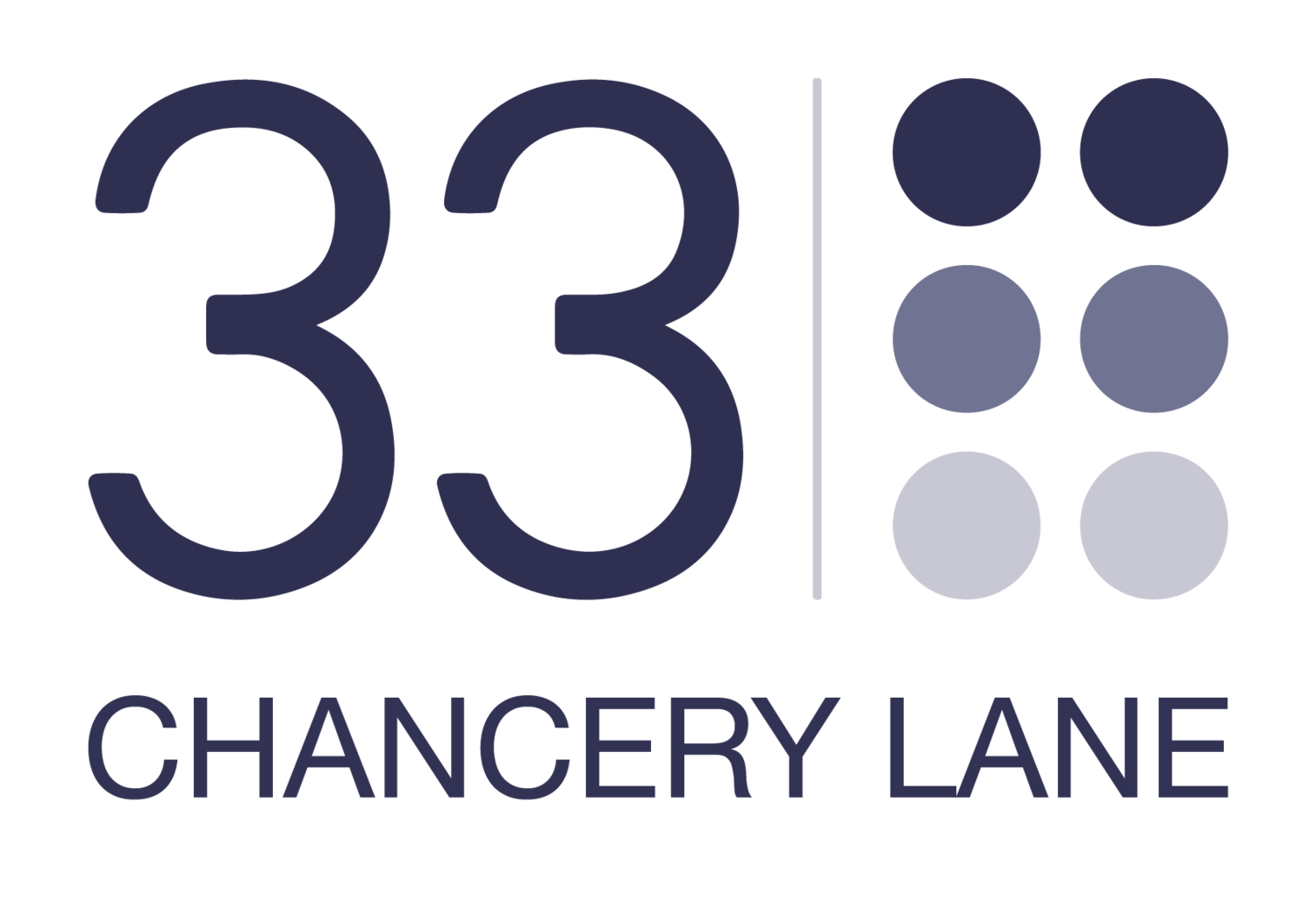Court of Appeal landmark money laundering ruling in supply chain case.
On Thursday last week, 27 June 2024, the Lady Chief Justice sitting in the Court of Appeal gave judgment in the litigation between the World Uyghur Congress and the NCA [[2024] EWCA Civ 715]. Trading in prison-produced goods is a crime but in spite of the WUC demonstrating to the NCA that cotton products, manufactured by the Uyghur people in Chinese labour camps, were being openly imported into the UK and traded, the NCA refused to investigate the supply chains for money laundering. The NCA claimed that an investigation was only possible if particular contaminated consignments could be identified first and that market price or “adequate consideration” paid in a supply chain cleansed the cotton (or its sale proceeds) eliminating any money laundering.
Dove J accepted these arguments in a judicial review in the High Court brought by the WUC against the NCA. WUC appealed and Spotlight on Corruption intervened in the appeal. The Court of Appeal allowed the appeal on both these grounds and the NCA has been directed to re-consider its decision not to investigate.
Perhaps the most important part of the judgment, both legally and practically, is the Court’s treatment of paying market value for goods which are or can be traced to crime, including for example where payment has been made for them with criminal proceeds. The Proceeds of Crime Act 2002 creates a number of money laundering offences. One of these is s.329 which explicitly provides that it is not money laundering if adequate consideration is paid for goods. Previous authority (Hogan (2007) and Afolabi (2009)) appeared to suggest that adequate consideration in the trade of any goods traceable to crime meant that the goods lost their criminal character and could be freely dealt with thereafter without committing any money laundering offence (or engaging any of the reporting obligations). The Court’s judgment in WUC dispels this notion, explaining that adequate consideration by itself is never sufficient to take a case out of money laundering (although if combined with good faith and no notice of the criminal origin of the goods it might be).
The implications for the conduct of commercial transactions, corporate acquisitions and regulated business such as banking are obvious. The net of potential criminal property is widely cast. Careful management is required in all cases where there are grounds to suspect the existence of such property.
Kennedy Talbot KC, instructed by Kingsley Napley LLP, acted in the appeal on behalf of Spotlight on Corruption, which successfully supported WUC’s appeal.
